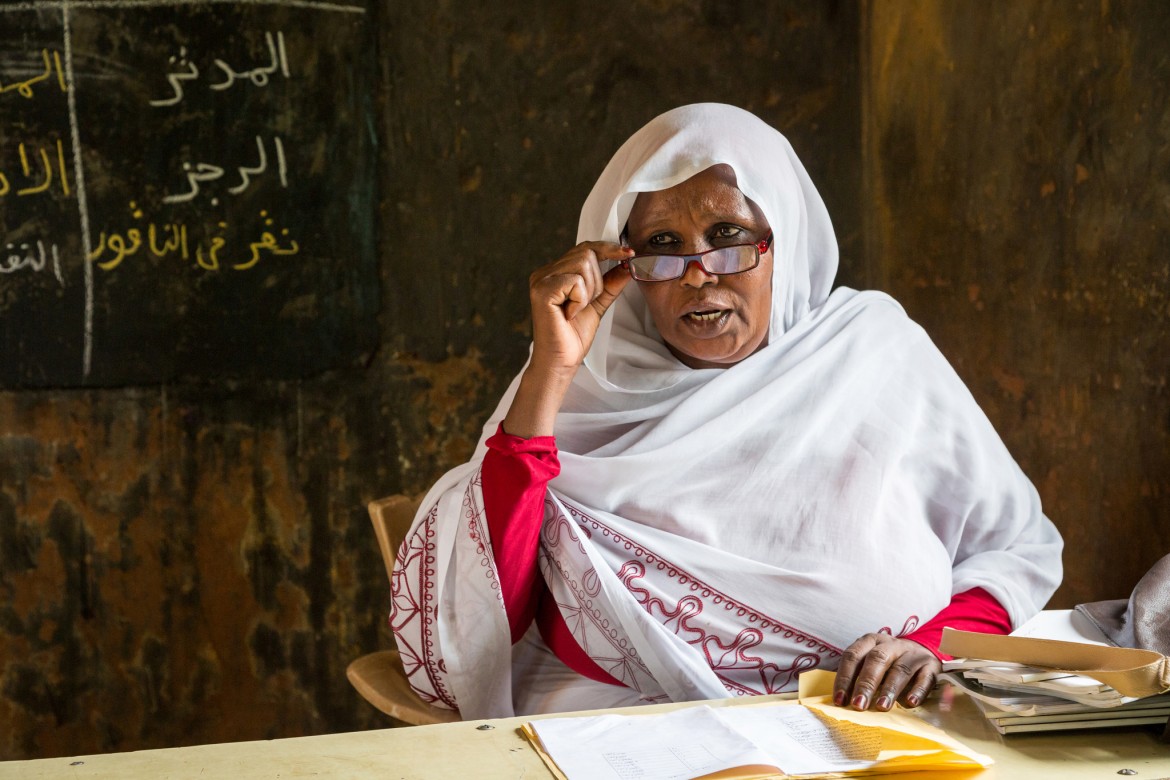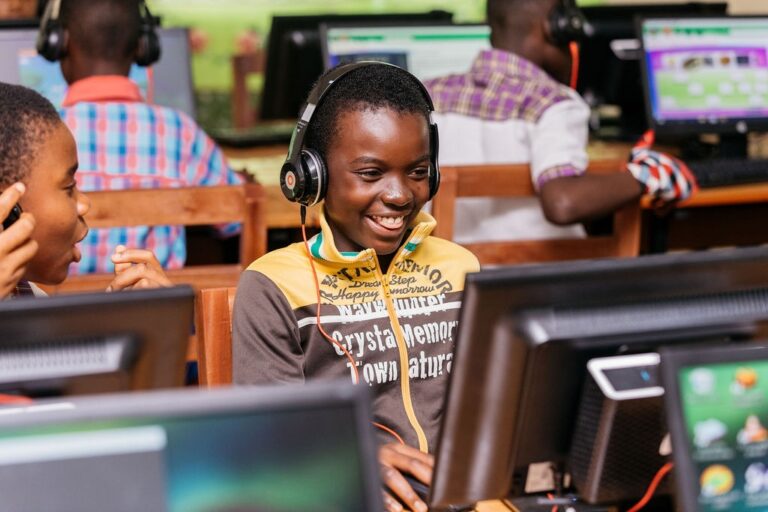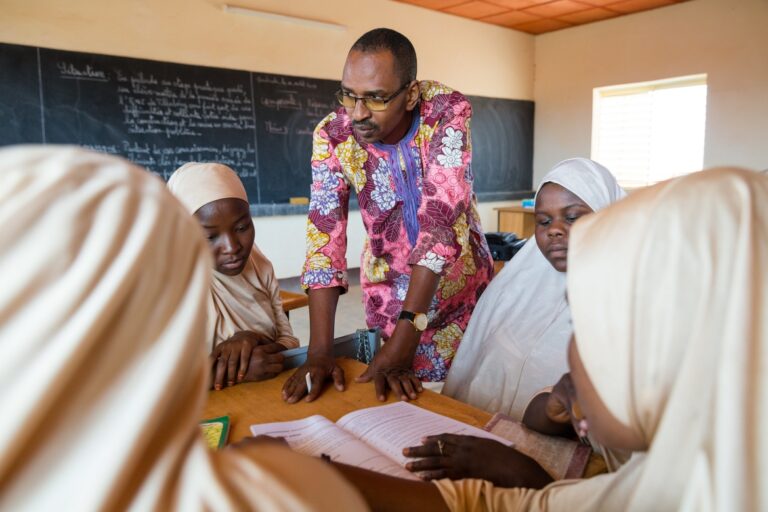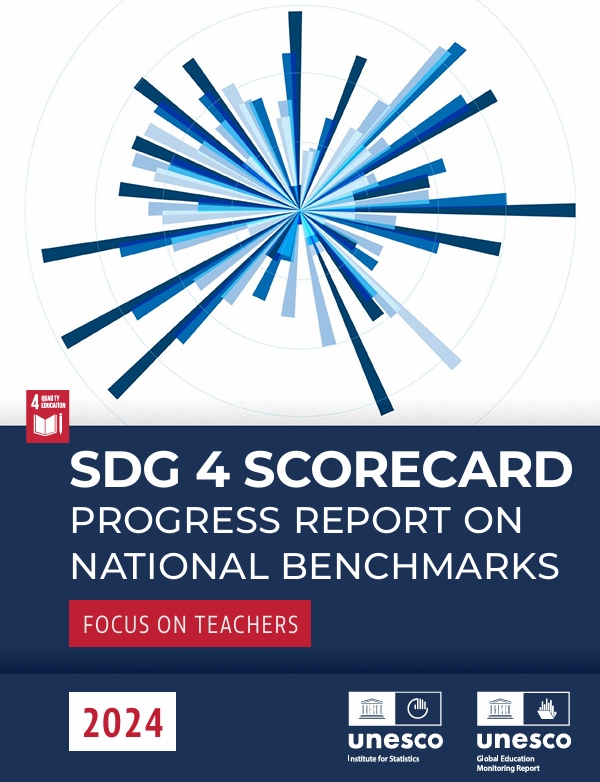Emergency or crisis contexts pose a challenge for new teachers, who might lack access to professional development. Checklists can be a helpful intervention to help them quickly acquire basic teaching practices.
In emergency or crisis contexts, schools often have to take volunteers, like older teens, who are new to teaching and who have no preparation in teaching. In many cases, induction and professional development may be impossible, and infrastructure unavailable for many types of distance learning. So how can we help these new unprepared teachers to learn how to teach?
But before talking about checklists, let’s talk about good teaching.
The bricks and mortar of good teaching
“Good teaching” is often elusive to define, but we know it when we see it. Educational research is pretty clear on what good teaching involves—content knowledge, the ability to use a variety of instructional and assessment activities to enact and measure learning outcomes, an understanding of how children learn, etc. This is the “big stuff”—the “bricks”— of teaching and it is the focus of most pre- and in-service teacher training. Taken together, this set of knowledge…
CONTINUE READING AT AUTHORS WEBSITE >>






